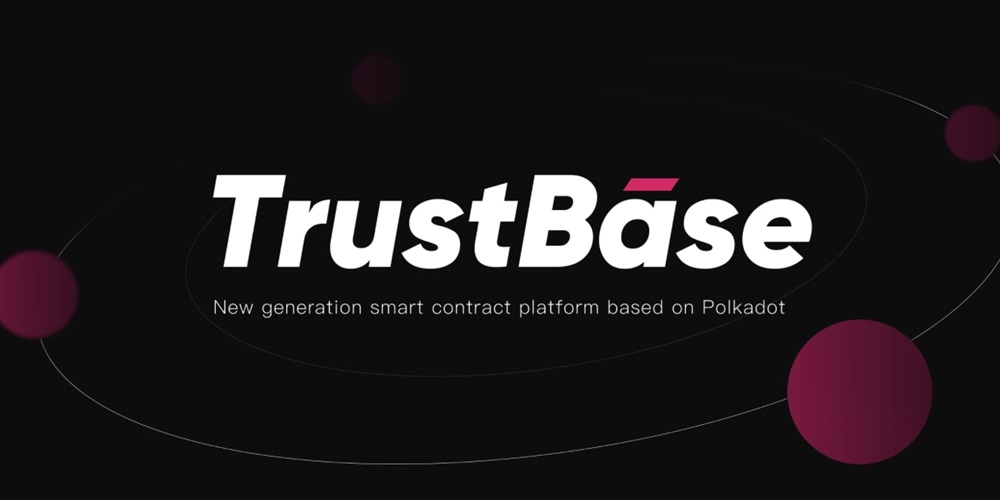TrustBase: Smart Contracts, Reimagined
Is Ethereum the first thing that comes to your mind when you hear “smart contracts”? If it is, it seems, you missed the past three years of public chain development. It has become old news since platforms like Polkadot emerged. You have all the perks of ETH2.0 and a bunch of new functions like blockchain interconnection plus reduced gas fees and higher throughput in a more convenient environment.
However, as Polkadot does not support smart contracts in the underlying structure, users need to turn to a limited number of its smart contract parachains. TrustBase is such a parachain that allows for one-click direct deployment of applications. With TrustBase, you can have the top flexibility of the Substrate framework. You can also forget about EVM. WASM used for execution on TrustBase is faster than EVM by an order of magnitude. Besides, instead of Polkadot’s complex Rust, you can use any WASM-compilable language.
Polkadot provides low or no cost transactions. Thus, TrustBase is a low-cost and low-gas-fee platform. Looks quite refreshing after 100 Gwei per transaction at USD 600+ per ETH, doesn’t it?
TrustBase has native cross-chain functionality. It also supports interoperability with other Polkadot parachains through the relaychain. Same as Polkadot, it uses PoS with on-chain governance. It means there are no hardforks. However, when developing a project, you are not limited to PoS. You can create any tokenomic model with a desired consensus mechanism.
With TrustBase, writing and execution of your smart contracts is more efficient. Design your token, DApp, DeFi app, wallet, oracle, DEX, or DAO like you intended. TrustBase and its self-developed Subscript smart contract language are at your service.





